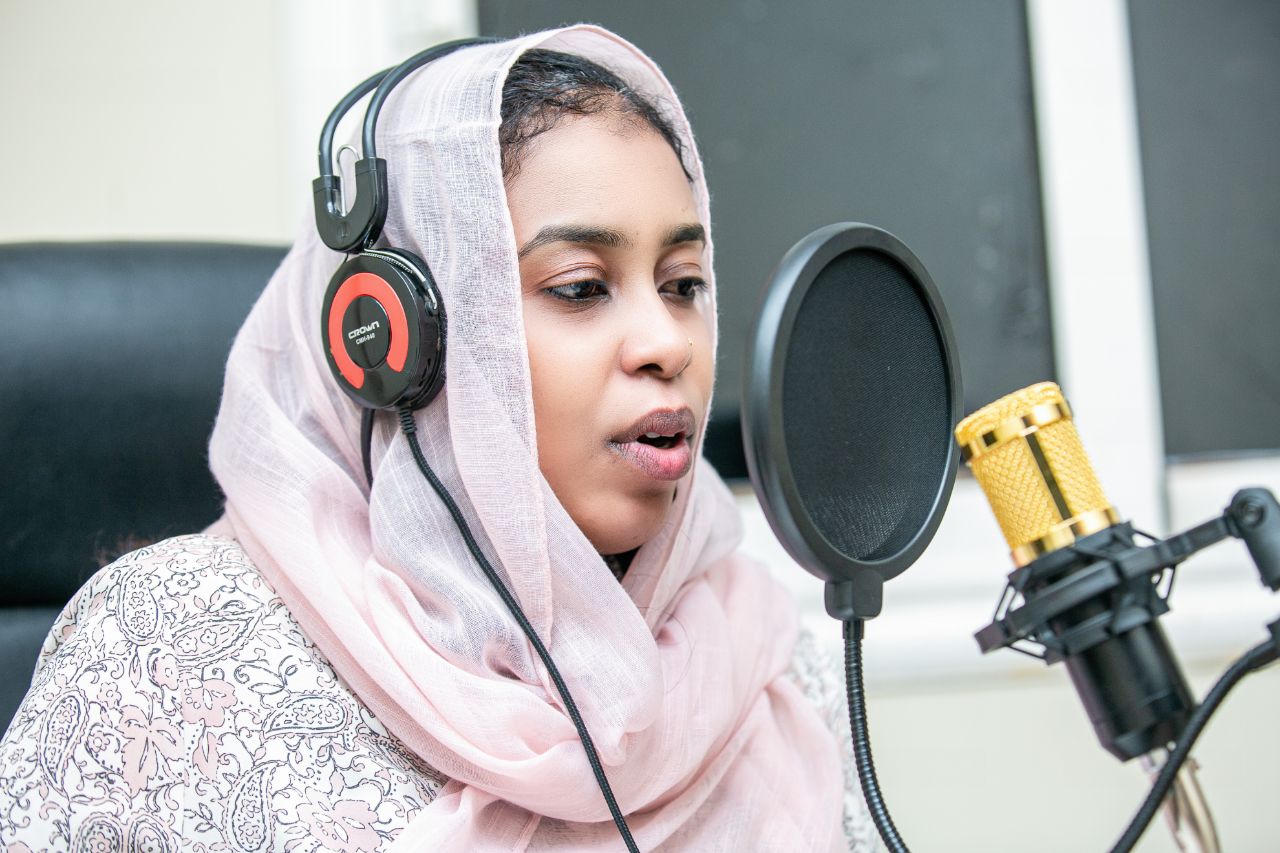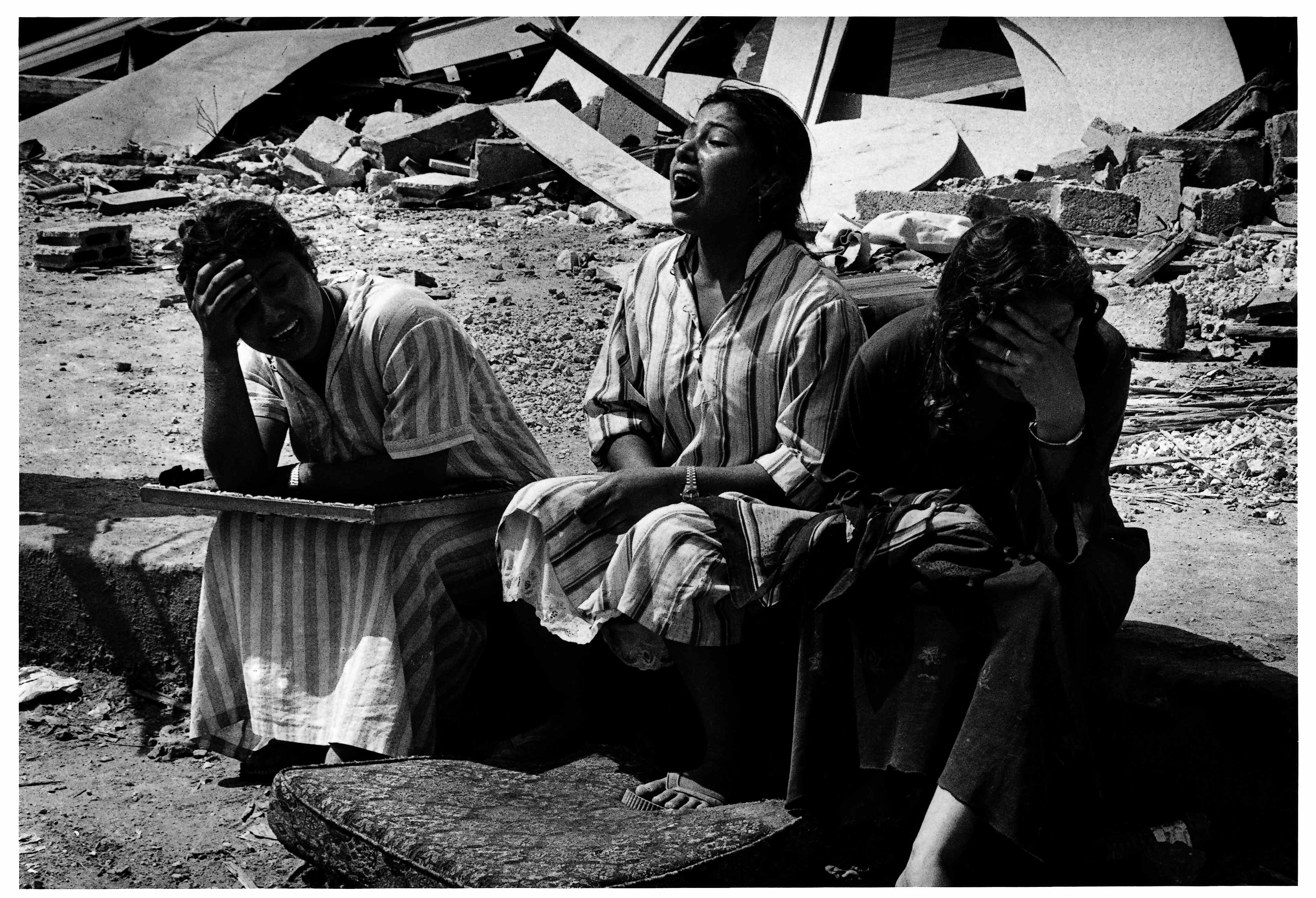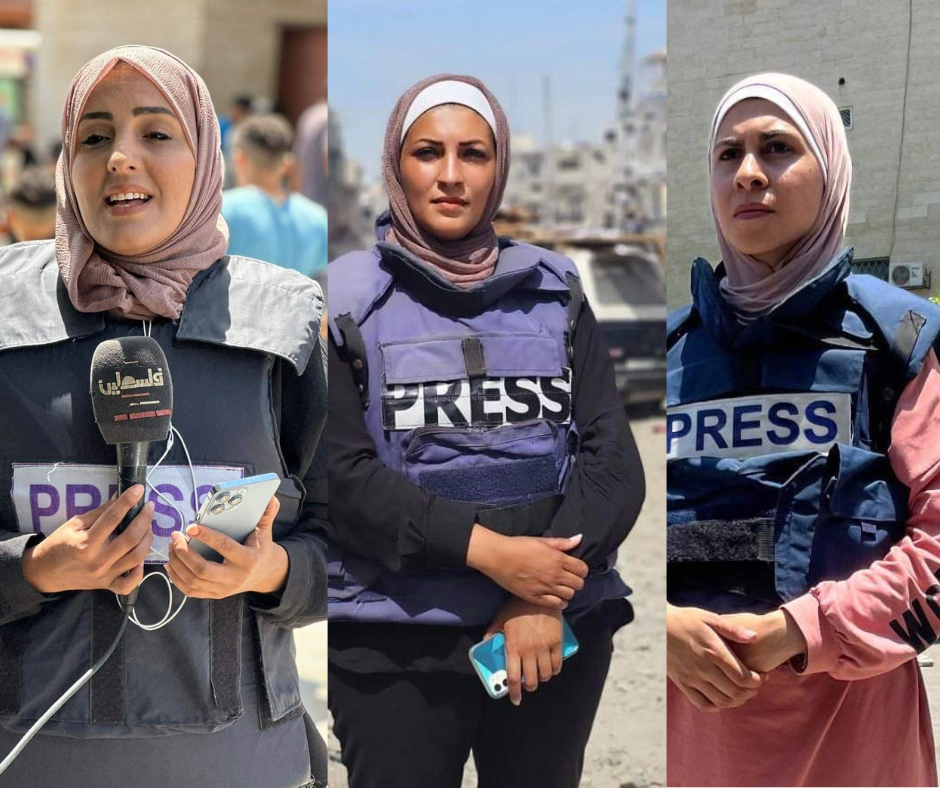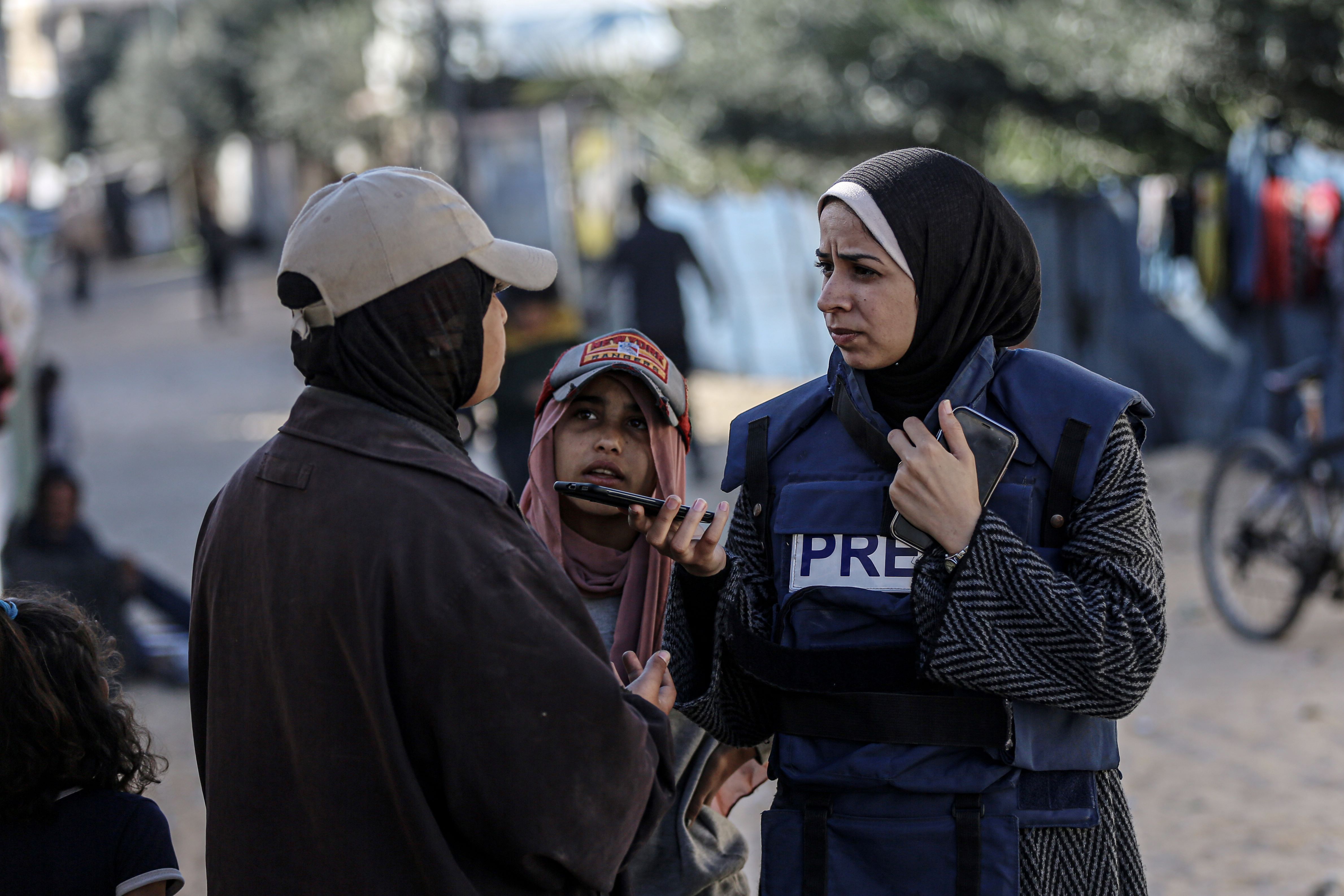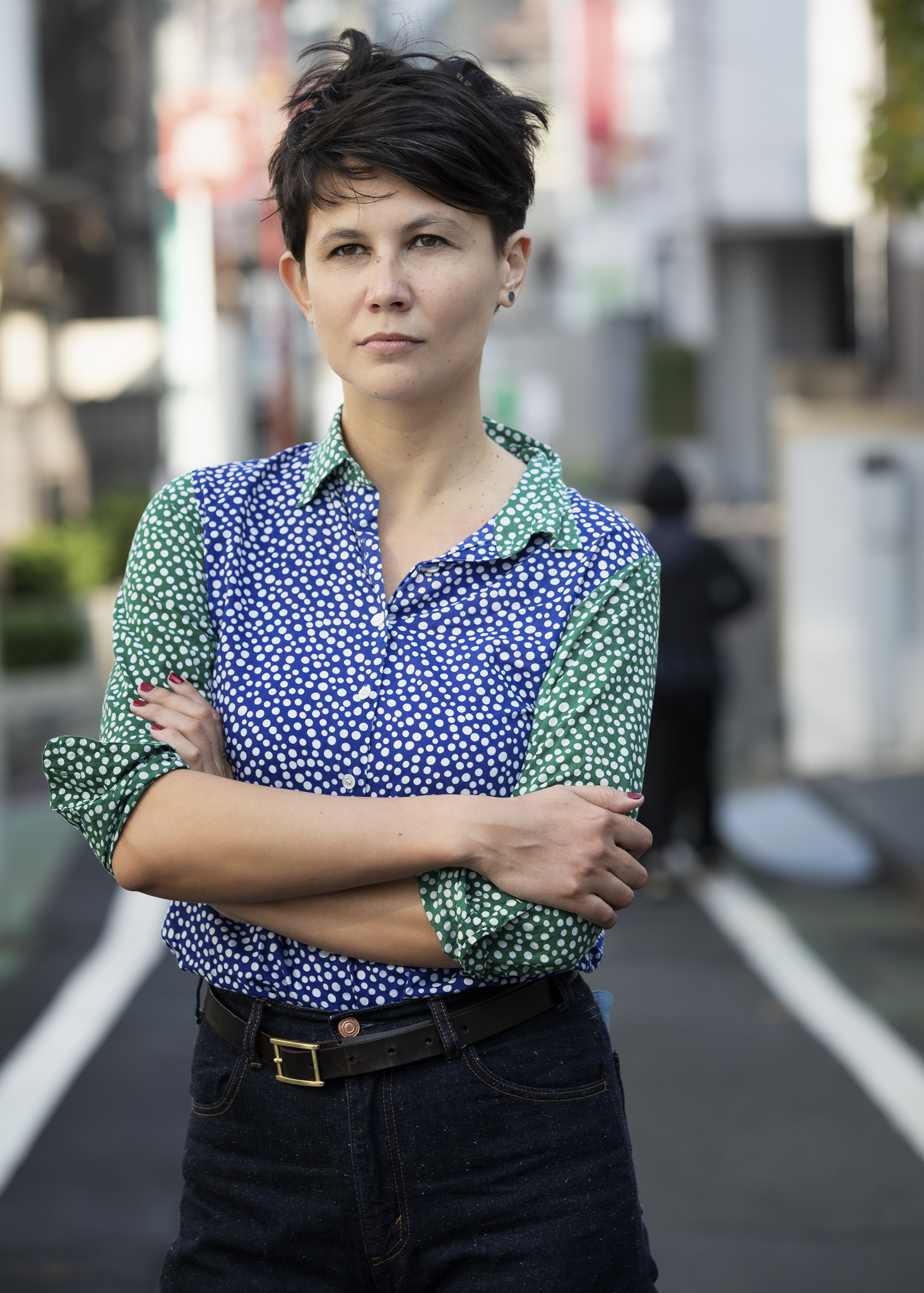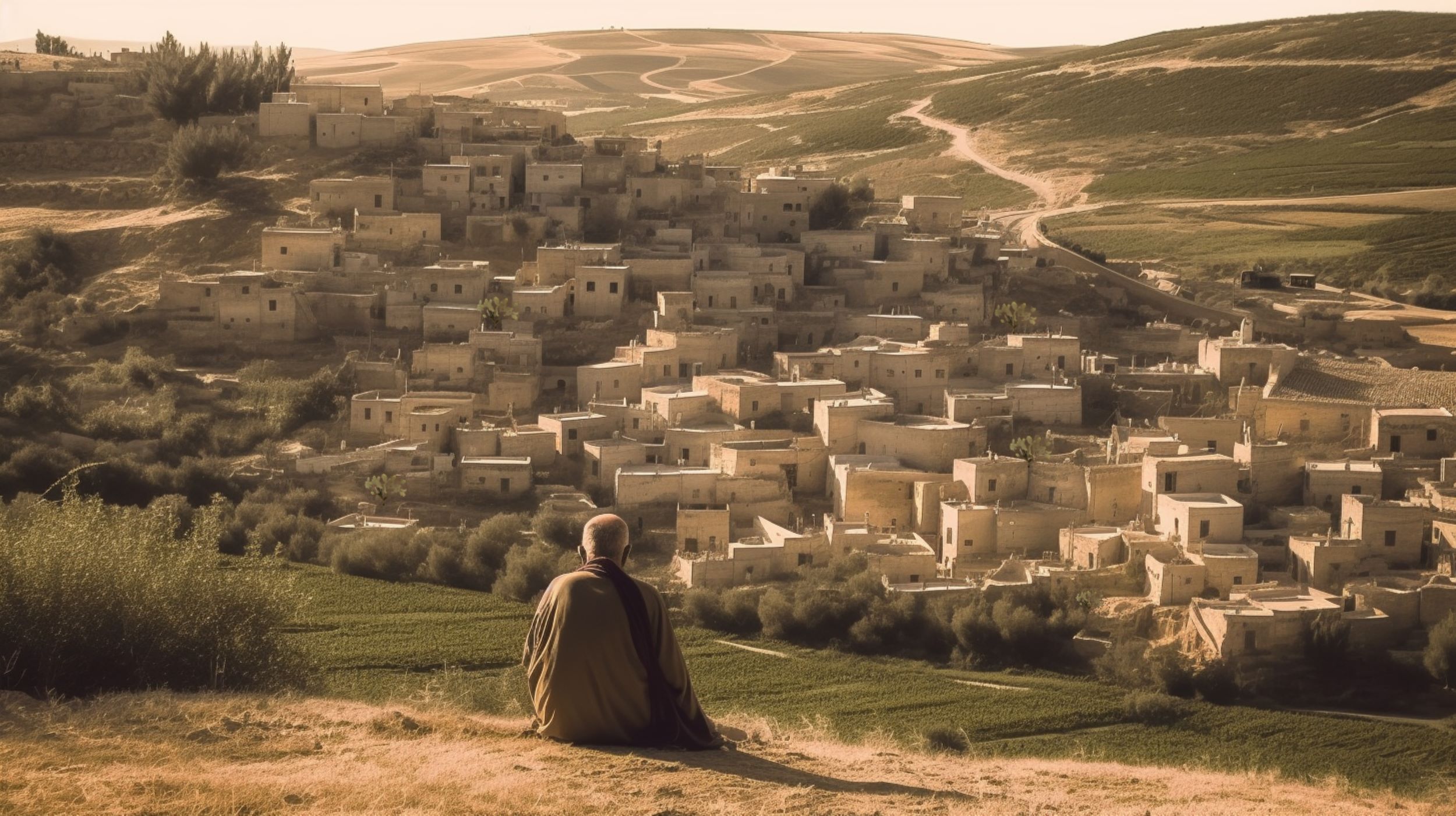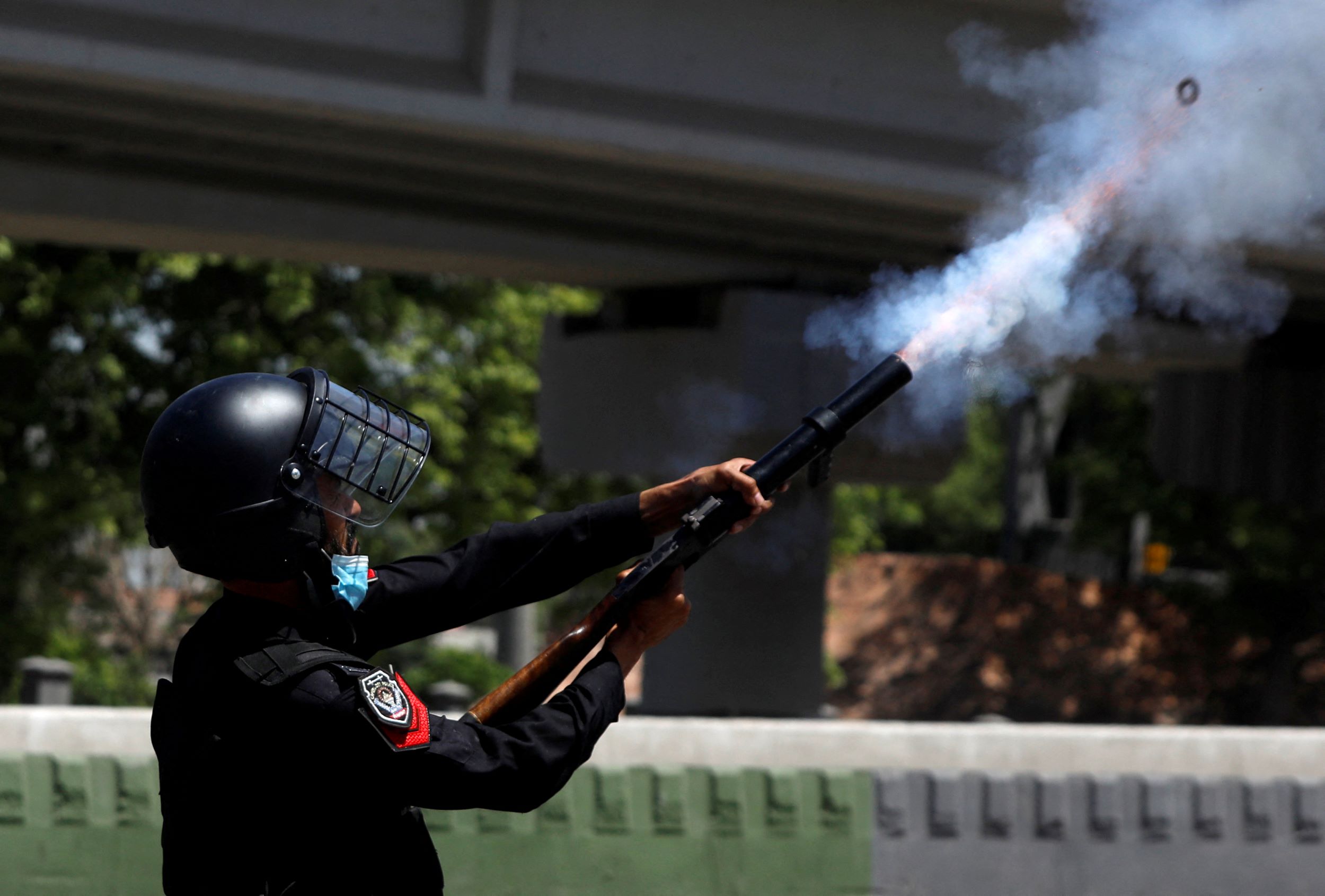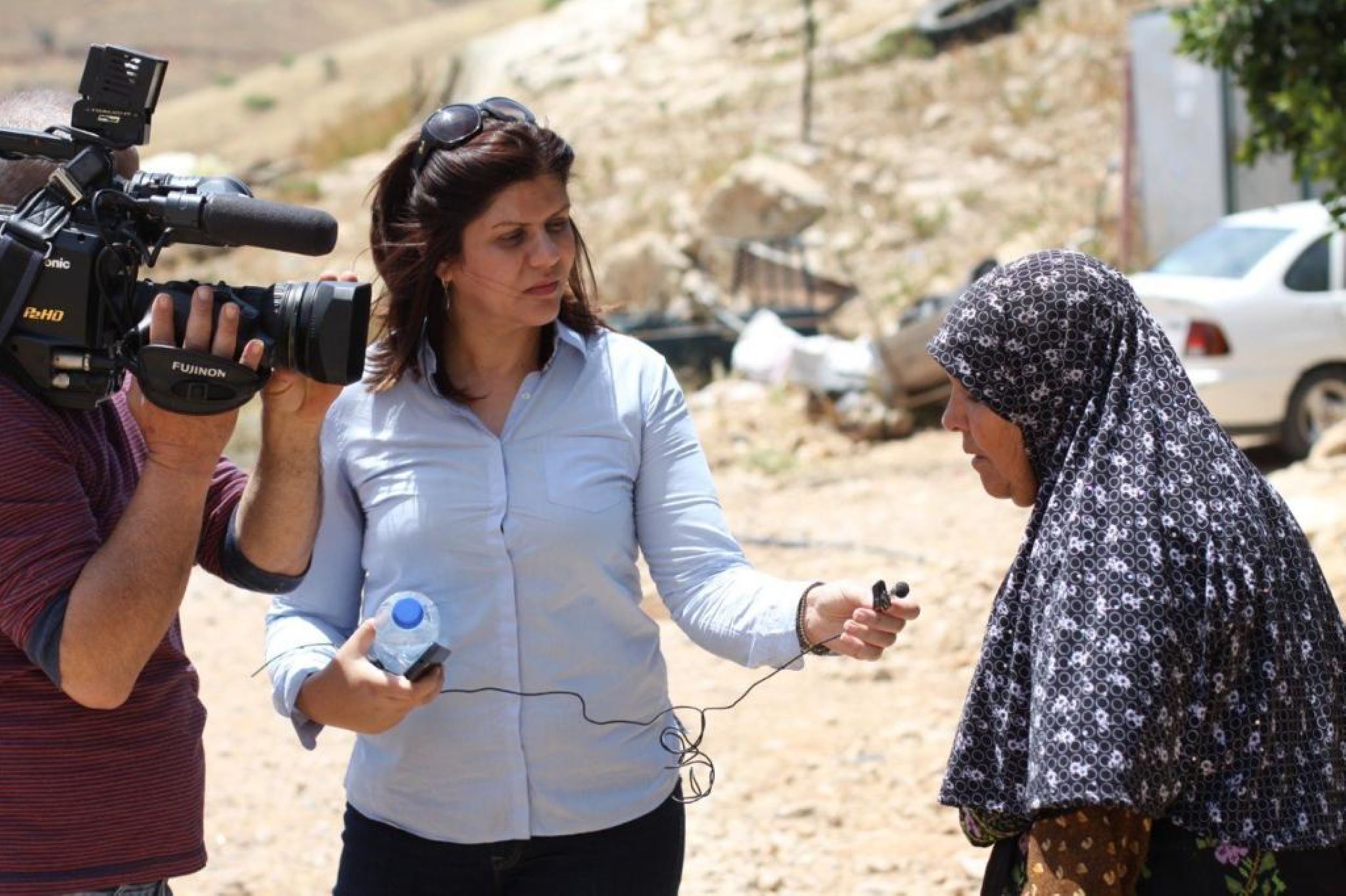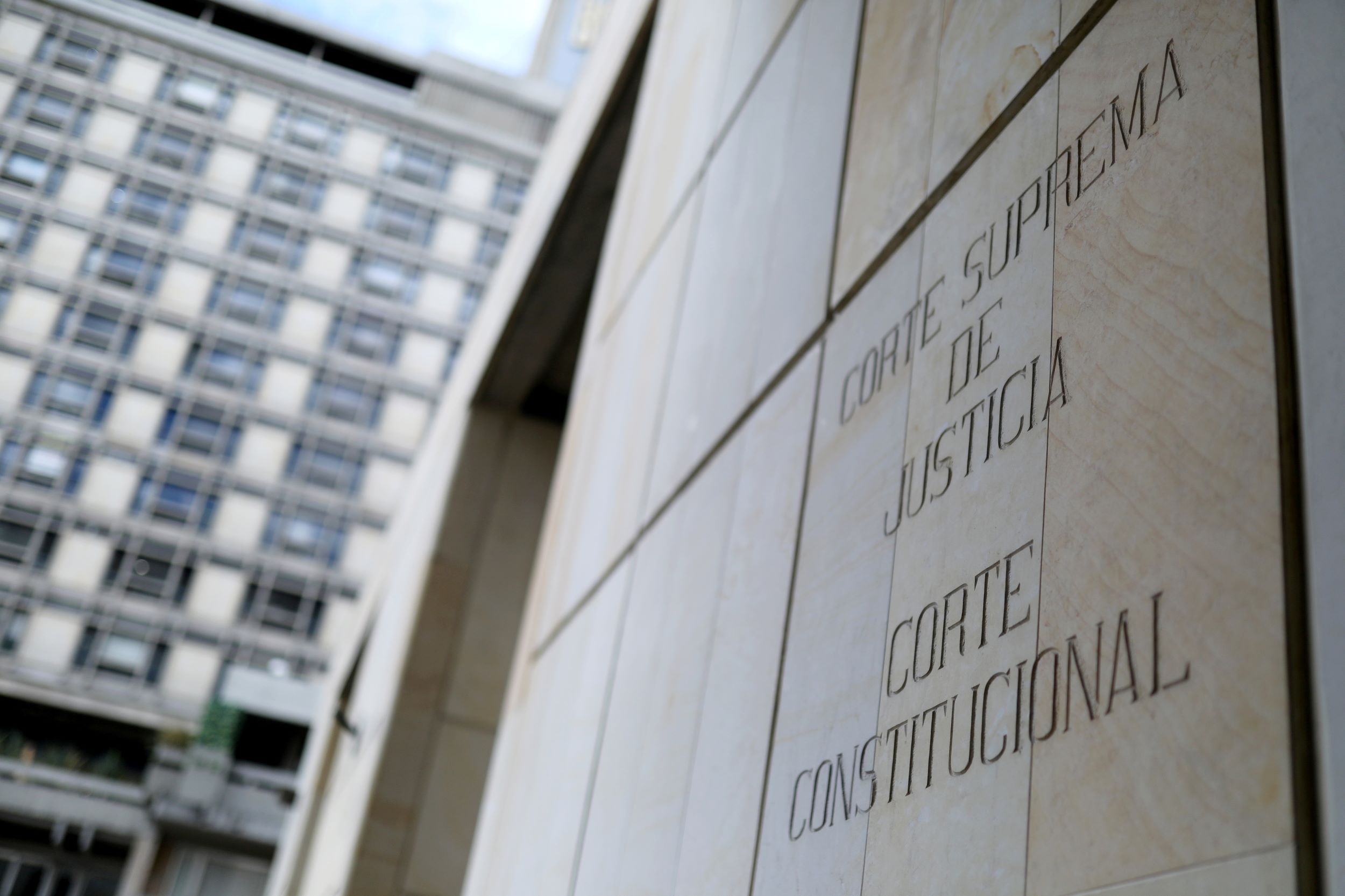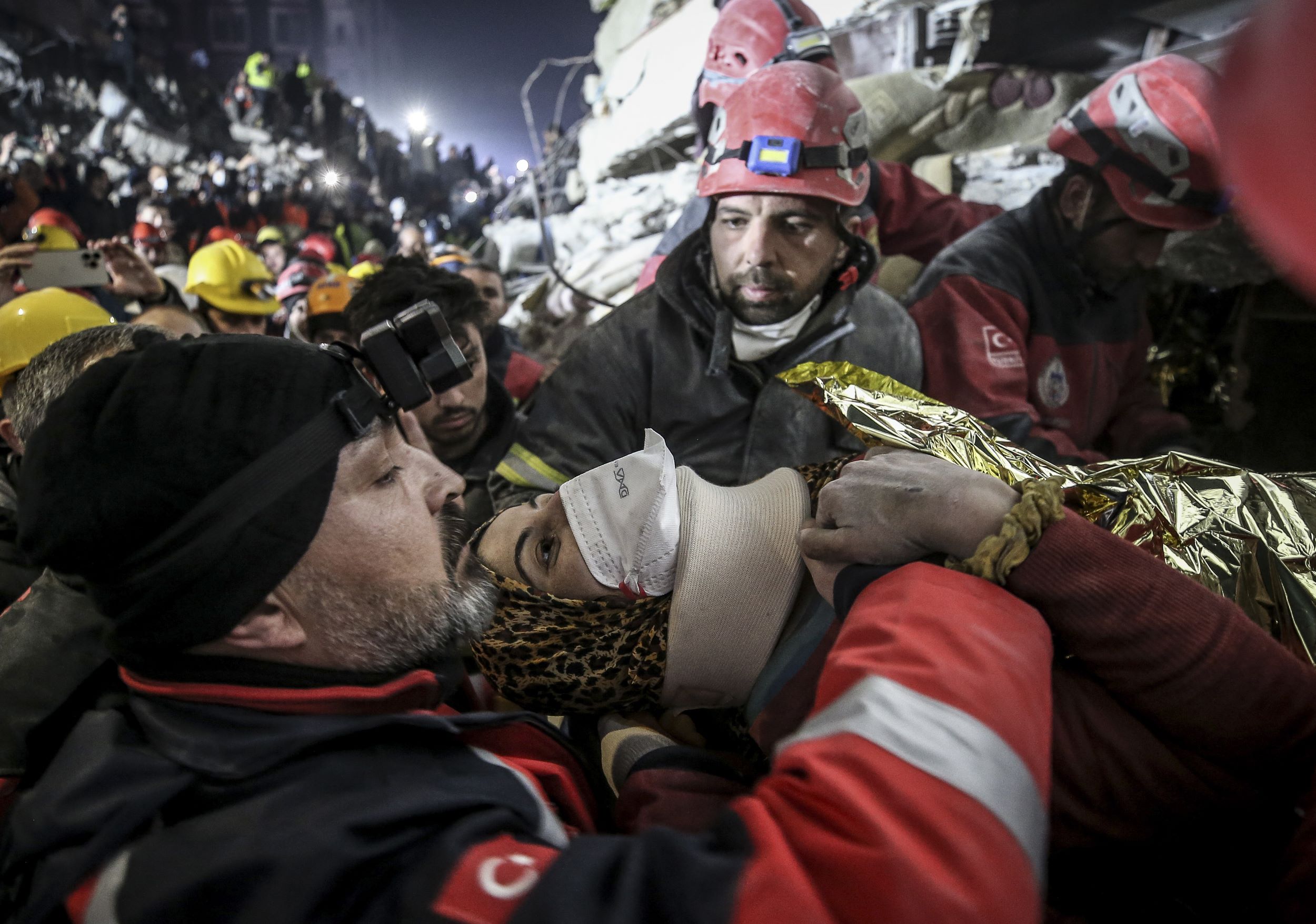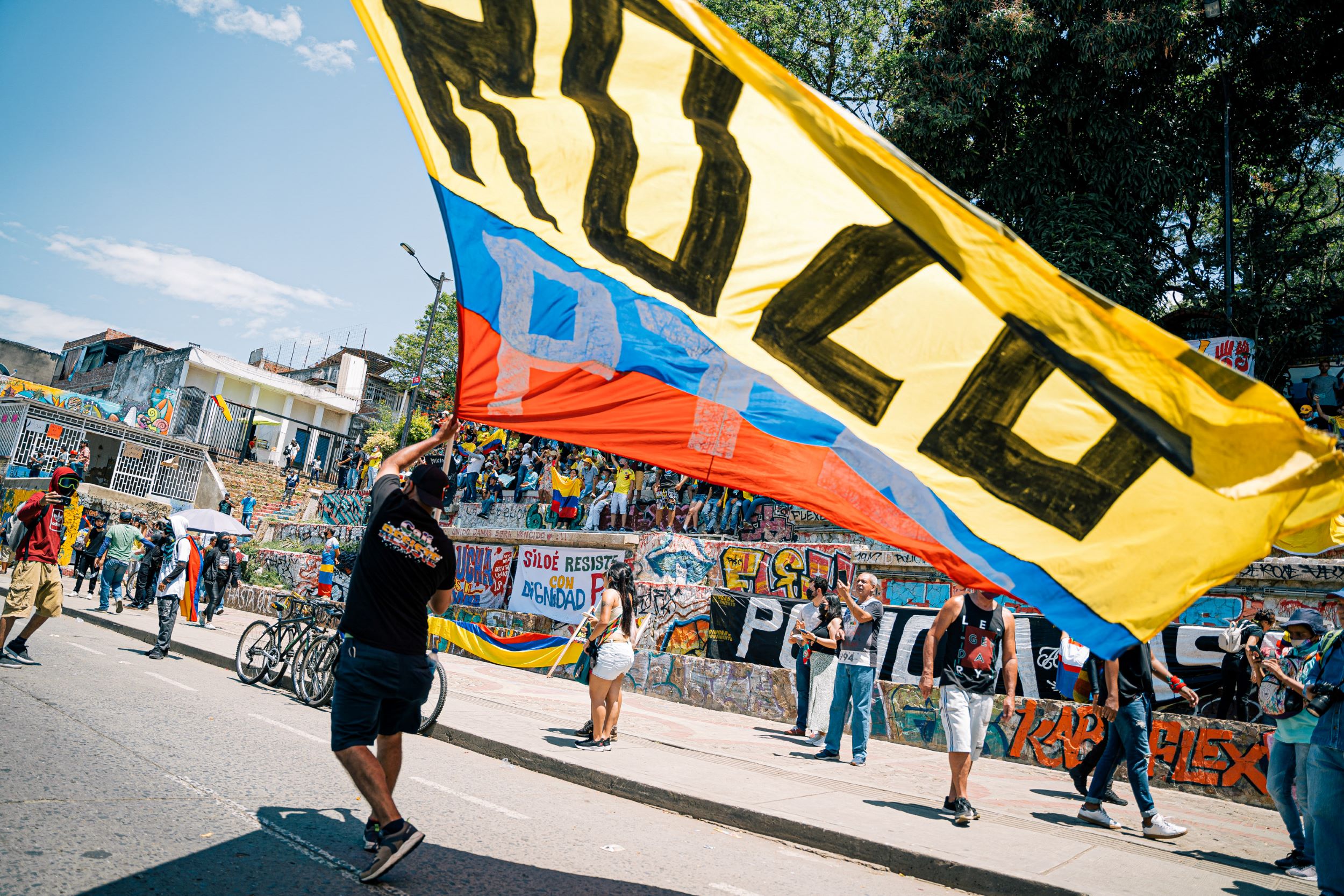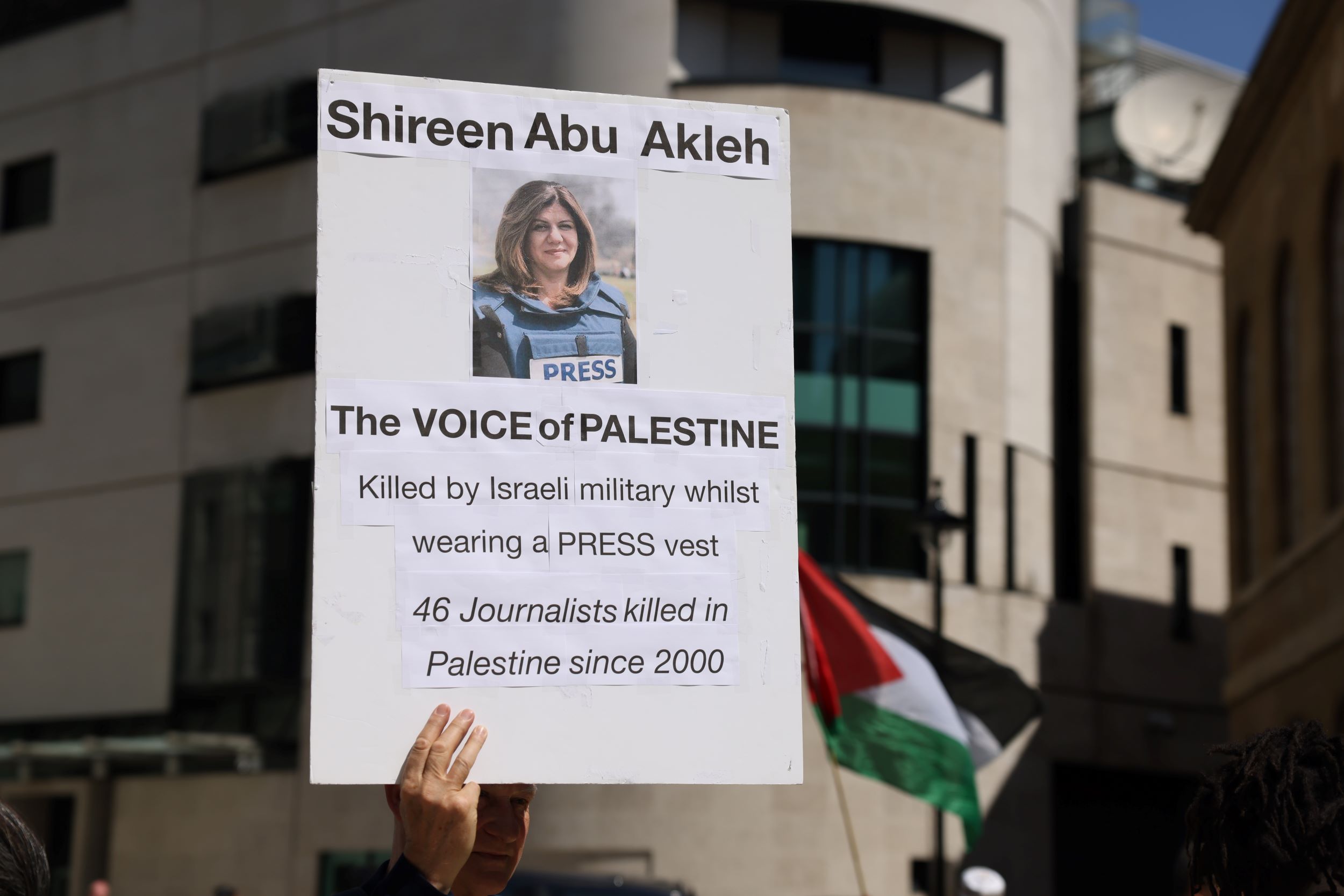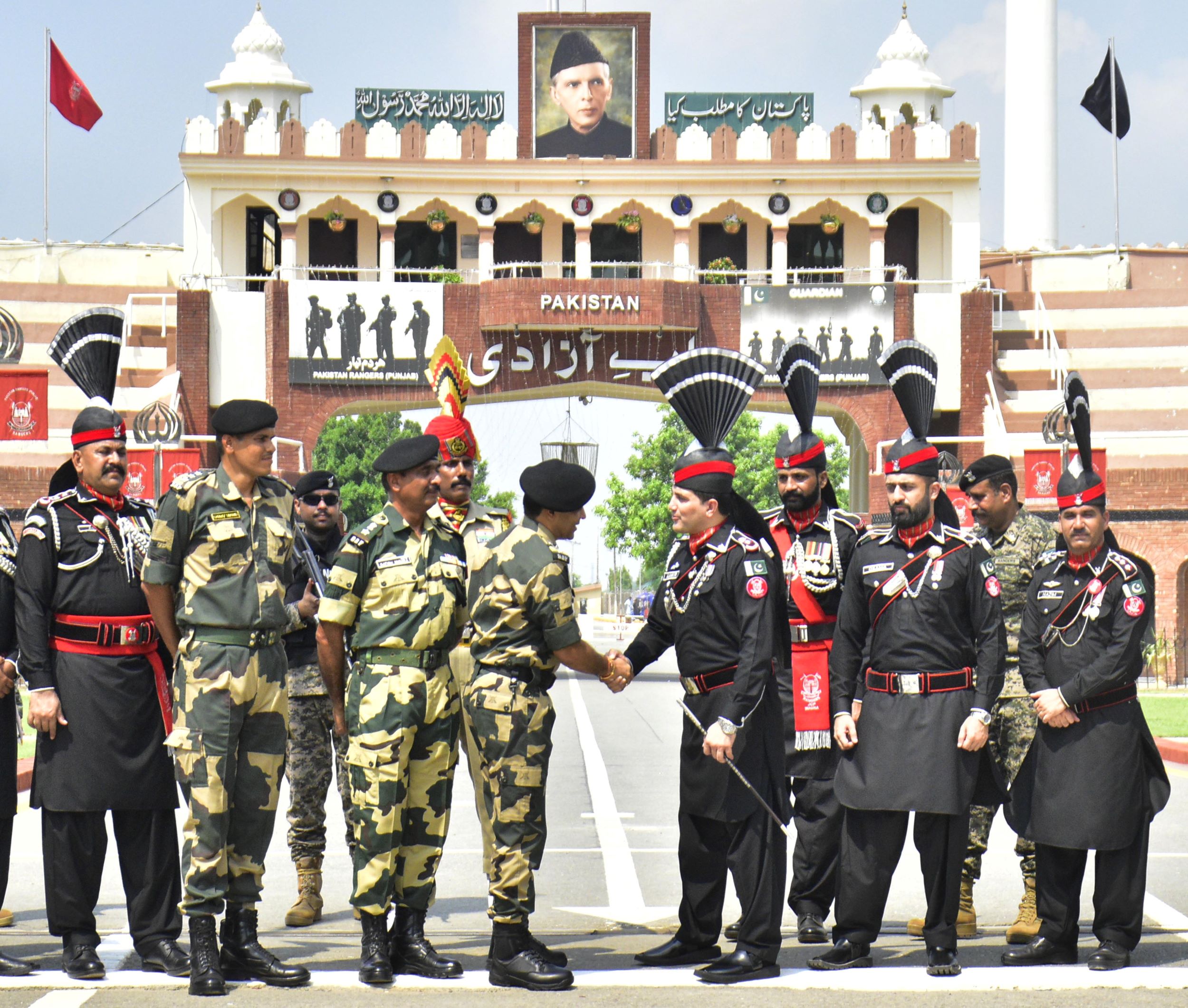من يتابع الأخبار والتقارير الصحفية التي تذاع في النشرات الأساسية للفضائيات العربية أو تتصدر صفحات المجلات والصحف والمواقع الإخبارية الإلكترونية، والتي تتناول موضوعات عن جائحة كورونا، يجد فيها الكثير مما هو أقرب إلى الصناعة، أو ما نسميه -نحن الكتاب والإعلاميين- "التقرير المصنّع". هذه الظاهرة ربما سيلاحظها أي محرر صحفي دقيق أو مشاهد يتمتع ولو بقدر قليل من الدهاء في تمييز بين ما هو مصنّع أو حقيقي في عالم أصبح ما لا يرى بالعين المجردة يؤلَّف عنه الكثير من القصص والأخبار والتقارير.
بين التصنع والحقيقة
إذا كان مفهوم أخلاقيات مهنة الصحافة ينضوي جُله تحت نظريات وفلسفات متعددة الجوانب، فإن هذه النظريات تنتهي إلى مبدأ واحد، وهو الالتزام بالمصداقية والأمانة والشفافية في نقل الوقائع والأحداث.
لكن جميع تلك المفاهيم والنظريات تحتاج إلى تفكيكها لتصبح واقعاً عملياً لا ينفك عن بيئته وواقعه. كما أن ترجمة تلك المفاهيم لا تتم على نمط واحد، بل ستأخذ أبعادا مختلفة لكل مؤسسة إعلامية أو للصحفيين، بما يدفع تلك الجهات إلى ابتكار مواثيق قوانين إعلامية لكل مؤسسة صحفية، للالتزام بأدق أخلاقيات ومبادئ مهنة الصحافة لمواجهة موجة تزييف الحقائق والشائعات وتفنيد الأكاذيب، وهو ما أصبح شائعاً في حضرة المارد "كورونا".
يمكن أن نسوق الكثير من الأمثلة في هذا السياق، وإن كان الجدل يدور حولها، هل هي متكلفة ومتصنعة، أو أنها ظاهرة استدعتها الظروف وأنشأتها جائحة كورونا، لتصبح زوايا يغطيها الإعلام بنهم كبير؟
في الفترة الأخيرة، انتشرت تقارير العزف التي ترافقها رقصات فوق أسطح المنازل، وشاعت في فضائيات عدة، في ظل الحجر الصحي بسبب أزمة كورونا. كما اجتاحت التقارير التي تبرز أهمية الدراجات في فرنسا وغيرها بعد توقف المواصلات العامة، فضلا عن التقارير التي تتناول أطفالا في منازل يؤدون ألعاباً بسيطة أو مهام اعتيادية، وهو ما لا يستحق في نظر البعض أن يُتناول في نشرة أخبار رئيسية أو في منتصفها أو حتى آخرها.
تلك أمثلة بسيطة عن التقارير التي تجذب انتباه أي ملاحظ للكم الهائل من التقارير التي كانت تمثل مجرد ملء للفراغ الذي أحدثته أزمة كورونا، بعد صعوبة وصول الكثير من المراسلين إلى وجهاتهم، أو استحالة إعداد تقارير ميدانية، فضلا عن تعذر وصول الكتاب الصحفيين في غرف الأخبار إلى القنوات، وهو ما أنتج حالة من التقارير العرجاء.
يمكننا أن نتساءل: ألم تكن مظاهر العزف والرقص بالموسيقى تطفو على أسطح المنازل في الأمسيات والسهرات؟ فلماذا اقتصرت وروجت كثيراً مع انتشار أزمة كورونا؟ ألم يكن الأطفال يلعبون داخل منازلهم كمشهد طبيعي للترويح عن أنفسهم من متاعب الدراسة وملل الصفوف؟ ألم تكن الدراجات أحياناً ملاذا للكثيرين نتيجة الاكتظاظ والازدحام المروري؟ فلماذا تم تناول تلك التقارير وكأنها تستحق أن تقدم للمشاهد على طبق من ذهب رغم أنها مصنّعة؟ هل تم تجاهلها أو تم تقديمها عن قصد إلى المشاهد العربي الباحث عن المتعة والمعرفة في زمن الحجر والعزل الانفرادي؟
ربما هناك من يعتقد أن تغطية تلك الجوانب القديمة الجديدة في زمن كورونا هي حاجة جديدة نتيجة الظروف التي فرضت صعوبات كثيرة في الواقع الحياتي بالنسبة للكثيرين، رغم أنها مثار جدل واستغراب لدى البعض، فتغطية أخبار من غرف الحجر الصحي أثارت جدلا في الوسطين الإعلامي والاجتماعي في حواضر عربية كثيرة مثل تونس وغزة ومقديشو، وهو ما أجبر قنوات ووسائل إعلامية على الاعتذار من أخطاء طاقمها وصحفييها، وإخضاعهم للحجر الصحي.
الخبر الصحفي.. أهمية قصوى
عادة، يعكس التقرير الصحفي قصة موجودة بمختلف جوانبها الاجتماعية والسياسية والاقتصادية، لكنها تحتاج إلى من يكشف خفاياها وتفاصيلها. ولهذا ترسل قناة ما مندوباً إلى دولة أخرى ليأتي بتقارير جديدة لم يلاحظها صحفيو تلك الدولة ومراسلوها، بسبب أن هذه القصة تعد شيئاً طبيعياً بالنسبة لهم فيتجاهلونها.
في العام 2011، حدثت أزمة إنسانية في الصومال، فأرسلت قناة الجزيرة الإخبارية الصحفي الفلسطيني محمود حمدان إلى مقديشو ليرصد واقع الظروف الإنسانية في هذا البلد، فأعد تقريرا عن عدم توفر سجل للمواليد والوفيات في العاصمة، أي أن الأطفال يولدون ويموتون دون تسجيلهم في ديوان رسمي، ولا حتى من قبل ذويهم، وهو ما كان ملفتاً للجميع. واكتشف صحفي آخر أثناء توزيع المساعدات الغذائية على النازحين، أن كثيراً منهم يقفون في طوابير انتظار طويلة خارج المخيمات ولا تتوافر لهم إمكانية الحصول على بطاقة الدخول للحصول على تلك المساعدات، أي أن المستفيدين جُلهم إما مسجلون لدى إدارة المخيم مسبقاً، أو يتم اختيارهم لغرض ما. فتلك القصص وأمثالها تستحق التناول في النشرات الرئيسية للأخبار وفي صدارة الصحف والمواقع.
ربما استحوذت قصص الحملات الشبابية أو الطبية للحد من تفشي جائحة كورونا على نصيب الأسد من اهتمام الكثير من المحطات الإعلامية (المقروءة والمرئية)، فهي الأقرب إلى دغدغة المشاعر والضمائر لمواجهة أزمة صحية قبل وقوعها، وذلك من باب "الوقاية خير من العلاج"، فمعظم الدول العربية انطلقت منها مبادرات الشباب الطوعية لمواجهة وباء عالمي، لكن بإمكانات ضئيلة مقارنة بما تنفقه الدول الكبرى من تبني سياسات مالية وإجراءات وقائية باهظة، فتلك الدول منحت مواطنيها سيولة نقدية للبقاء في المنازل، بينما دول كثيرة لم تتبع تلك السياسات نظراً لشح الموارد المالية أو عدم توافر الإمكانات المادية، وهذا ما جعلها تحت طائلة الانتقادات والحملات الإلكترونية.
لكن الإعلام والتوعية الرشيدة من قبل وزارات الصحة والمجتمعات، ساهما في الحد من انتشار هذا الفيروس في مجتمعاتنا العربية، رغم أن نسبة الوفيات في العالم العربي كانت قليلة جداً ولا تتجاوز نسبة 1%، في حين سجلت دول غربية نسباً أعلى بكثير، وهو ما يفسر أن درجات الإصابة والوفيات تفاوتت من دولة إلى أخرى. الأمر نفسه ينطبق على التغطيات الإعلامية العربية والغربية، وكيفية تناول التقارير وميزاتها وأساليبها وقوالبها، وهو ما يكشف عن حجم التقارير التي غزت شاشاتنا وصفحاتنا الاجتماعية، فإما هي نسج خيال صحفي أو حقيقة أعيد تدويرها بقالب "كورونا" من جديد، إن صح هذا التعبير.
تدرك مؤسسات ومدارس الصحافة أهمية صحة ومصداقية الخبر الصحفي أو التقرير التلفزيوني، فالمصداقية هي في قمة الهرم في هذه المهنة، إن لم تكن زبدة وفحوى التقرير وجوهر المضمون، لكن إذا افتقد التقرير أو الخبر التلفزيوني تلك الميزة، فإن كثيرين سيخلطون الحابل بالنابل، وتتشابه عليهم الألوان، فلا يستطيعون التمييز بين ما هو حقيقي وما هو مصنّع وبعيد عن القصة الواقعية ذات الحقائق والأرقام والمعلومات.
إن الصحفي المبتدئ يمكن أن يخلط بين قصة حقيقية وأخرى مزيفة، نظراً لقلة معارفه الإعلامية وخبرته الصحفية في مجال تكثر فيه الظنون والشكوك ومفتوح على مختلف التأويلات من شتى الاتجاهات.
غير أن ما يمثل مشكلة حقاً، هو أن يتعمد صحفيون يعملون في فضائيات كبرى وذات مصداقية ولسنوات طويلة، تقديم تقارير موسومة بالتصنع والتكلف، وهي تقارير لم تراع في إعدادها أدنى معايير العمل وأخلاقيات المهنة في زمن كورونا، وهي مواد إن لم يَطلها مقص الرقيب أو شفرة المحرر الدقيق، ستصبح أشبه بتلك المتداولة على وسائل التواصل الاجتماعي، بعضها يجانب الصواب وبعضها الآخر مجرد خبط عشواء وتزييف حقائق وتقارير جوفاء لا وجود لها مكاناً وزماناً.







